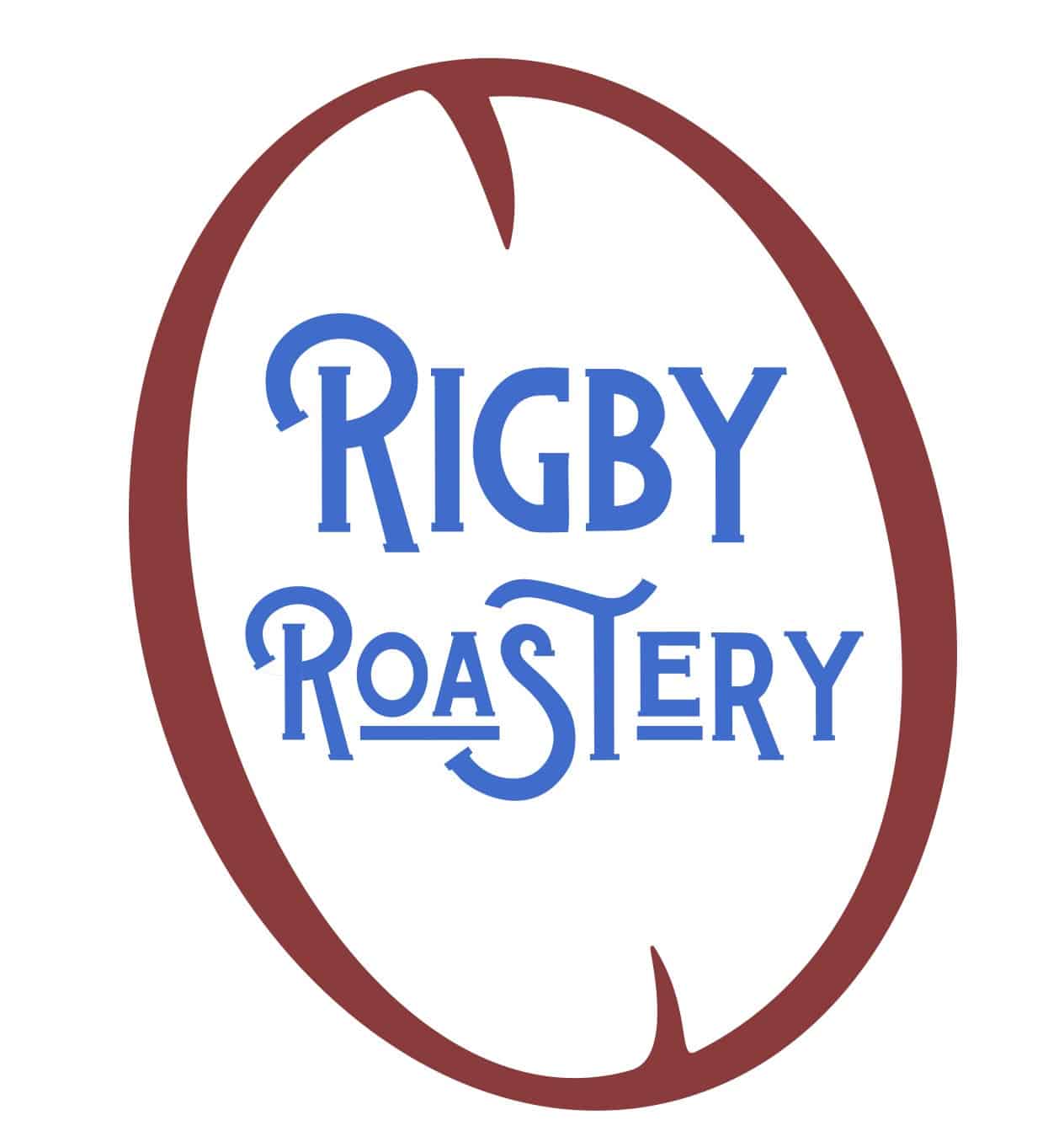Costa Rican Coffee Don Eli
Price range: $20.00 through $219.00
A rare coffee from a Costa Rican Cup of Excellence winning farm. We taste Lush Cherry, Bright Citrus Acidity, and Lambrusco.
- Costa Rican Coffee. Costa Rica coffee beans. Honey process coffee. Honey processed coffee.
Costa Rican Coffee at it’s Finest
This anaerobic fermented dry, natural process coffee is a juxtaposition of a wild and a classic cup. It has an outstanding, fruity sweetness and an effervescent acidity. It evokes childhood memories of lemonade and blueberry hand pies. Hawaiian punch by the pool in the summertime. Dark roasted cocoa beans. Honeysuckle flowers. Fruit loops cereal.
This Villa Sarchi is a vivacious pour over with plenty of sugariness or acidity to accentuate depending on your recipe. Long blooms and high volume pulse pours on the V60 brought out acidity reminiscent of green apple, candied citrus peel, and sweet Lambrusco. Short blooms and quick pulses gave us sticky sweet berries and rich, syrupy chocolate tones. There is a subtle leguminous and nougaty flavor underneath.
We’ve had a lot of fun cold brewing this for an exotic nitro. It’s been a blast surprising friends and family with it this summer. Everyone has fun trying to guess what it was in the brew. An empty keg every time.
The acidity is almost over the top as a single origin espresso. Some of us loved it and some hated it as a blonde espresso. It’s definitely worth a try if you’re a fan of pouring your espresso into a tonic water or seltzer. Get ready for a fun and fruity profile, especially if your drinking it straight.
Cup of Excellence Winning Don Eli
Winning the Costa Rican Cup of Excellence nearly every year since they have been in production, the Don Eli farm is one of the top-tier coffee producing farms in the world. They have invested a lot of time and money into technology, and they operate under strict parameters to maximize and prioritize quality. They are a pioneering farm. They focus on alternative processing techniques such as Honeys and Naturals and advanced pre-processing fermentations like the kind performed on this anaerobic lot.
Carlos Montero is one of Costa Rica’s most prominent coffee farmers, deeply rooted in the country’s coffee culture. His earliest memories include picking fallen coffee cherries to help his family or earn extra money. Raised in a humble home, Carlos’s father, Eli, worked as a farmhand and helped establish many of the coffee plantations still in operation today. Eli later became one of the founding members of the renowned CoopeDota cooperative in 1960, providing a good life for his family of nine.
Carlos, a naturally curious soul, had the opportunity to study in San Diego, California, as a high schooler. This experience sparked his love for exploring new places, learning about different cultures, and making lifelong connections. As a young man, Carlos traveled the world, working various jobs to fund his adventures. His travels would later inspire him to see his coffee enjoyed in the same places he had come to love.
After several years working in New Jersey to save for his own farms, Carlos returned to Costa Rica, where he acquired his first properties in Tarrazu with the help of his family. He spent years managing his farms commercially, delivering fruit to cooperatives and building a life with his wife Lucia and their children. But as the cooperative model became less profitable, Carlos noticed peers receiving higher premiums for processing their own coffee and sought to build his own wet mill.
Carlos sold his share of a farm in San Pedro de Tarrazu and used the proceeds to purchase land across the Pirris River, where Finca Temática stands today. With a good deal on processing equipment from an American, Carlos built what became Micro Beneficio Don Eli, embracing the micro-mill revolution and taking control of his coffee’s future.
Anaerobic natural process coffees like this one can be relatively rare from this region as the climate is typically cool and humid making anaerobic, natural, and honey type processing difficult to accomplish.
This is a coffee unlike other Costa Rica coffees because it has a multitude of florals, berries, dark chocolate, and stewed fruit flavors in the cup. We relish the unique sensation of it all coming together in this long lasting palate. What a rare and exceptional treat.



